Off-page SEO is an essential aspect of optimizing a website for search engines. While on-page SEO involves optimizing the content and structure of a website, off-page SEO focuses on building a website’s authority and reputation through external factors. This includes building backlinks from high-quality websites, engaging with social media, and participating in forums and communities related to the website’s niche.
One of the most important aspects of off-page SEO is building high-quality backlinks. Backlinks are links from other websites that point to your website. Google and other search engines use backlinks as a way to determine the authority and relevance of a website. The more high-quality backlinks a website has, the more likely it is to rank higher in search engine results pages (SERPs). However, it’s important to note that not all backlinks are created equal. Backlinks from spammy or low-quality websites can actually harm a website’s ranking, so it’s important to focus on building backlinks from reputable sources.
Another important aspect of off-page SEO is social media engagement. Social media platforms like Facebook, Twitter, and Instagram can be valuable tools for building a website’s reputation and driving traffic. By sharing content on social media and engaging with followers and other users, website owners can increase their visibility and reach a wider audience. Additionally, social media signals can also impact a website’s ranking in search engine results.
Key Takeaways
- Building high-quality backlinks is essential for off-page SEO success.
- Social media engagement can help increase a website’s visibility and reputation.
- Participating in forums and communities related to a website’s niche can also be valuable for building authority and reputation.
Understanding Off-Page SEO
Off-page SEO is a set of techniques that are used to improve the ranking of a website on search engine results pages (SERPs). Unlike on-page SEO, which involves optimizing the content and structure of a website, off-page SEO focuses on increasing the authority, relevance, and popularity of a website through external means.
The most common off-page SEO technique is link building, which involves getting other websites to link back to your site. The more high-quality links you have pointing to your site, the more authoritative and trustworthy your site appears to search engines. However, it’s important to note that not all links are created equal. Links from reputable, high-traffic websites are more valuable than links from low-quality or spammy sites.
Other off-page SEO techniques include social media marketing, guest blogging, and influencer outreach. Social media marketing involves promoting your website on social media platforms like Facebook, Twitter, and Instagram to increase brand awareness and drive traffic to your site. Guest blogging involves writing blog posts for other websites in your industry and including a link back to your site in the author bio. Influencer outreach involves partnering with influential bloggers, social media personalities, and other thought leaders in your industry to promote your content and increase your visibility.
Overall, off-page SEO is an essential part of any comprehensive SEO strategy. By increasing the authority, relevance, and popularity of your website through external means, you can improve your ranking on search engine results pages and drive more organic traffic to your site.
Building High-Quality Backlinks
Backlinks are an essential part of off-page SEO. They are links from other websites that point to your website. Search engines use backlinks to determine the authority, credibility, and popularity of a website. Therefore, building high-quality backlinks is crucial for improving your website’s search engine rankings.
Guest Blogging
One of the most effective ways to build high-quality backlinks is through guest blogging. Guest blogging involves writing articles for other websites in your industry or niche. In return, you get a backlink to your website.
When guest blogging, it is essential to choose websites that have high domain authority and are relevant to your niche. You should also ensure that the content you provide is of high quality and provides value to the readers.
Broken Link Building
Another effective way to build high-quality backlinks is through broken link building. Broken link building involves finding broken links on other websites and offering to replace them with links to your website.
To find broken links, you can use tools such as Check My Links or Broken Link Checker. Once you have identified broken links, you can reach out to the website owner and offer to replace them with links to your website.
Skyscraper Technique
The skyscraper technique is another effective way to build high-quality backlinks. This technique involves finding popular content in your industry or niche and creating even better content.
Once you have created the content, you can reach out to websites that have linked to the original content and offer them your content as a replacement. Since your content is better, they are more likely to link to it, giving you high-quality backlinks.
In conclusion, building high-quality backlinks is crucial for improving your website’s search engine rankings. Guest blogging, broken link building, and the skyscraper technique are effective ways to build high-quality backlinks. By implementing these techniques, you can improve your website’s authority, credibility, and popularity.
Social Media Engagement
Social media engagement is a crucial off-page SEO technique that can help businesses build their online presence and increase their visibility. By engaging with users on social media, businesses can establish a loyal following, increase brand awareness, and drive traffic to their websites.
Social Sharing
One way to engage with users on social media is by sharing content that is relevant to their interests. This can include blog posts, infographics, videos, and other types of content. By sharing high-quality content, businesses can attract new followers and encourage existing followers to share their content with their own followers.
To maximize the impact of social sharing, businesses should make sure that their social media profiles are complete and up-to-date. This includes adding a profile picture, cover photo, and bio, as well as providing links to their website and other social media profiles.
Influencer Outreach
Another way to engage with users on social media is by reaching out to influencers in your industry. Influencers are individuals who have a large following on social media and can help businesses reach a wider audience.
To identify influencers in your industry, businesses can use social media listening tools to monitor conversations and identify individuals who are talking about relevant topics. Once you have identified influencers, you can reach out to them and ask them to share your content with their followers.
When reaching out to influencers, it is important to be respectful and provide them with value. This can include offering them exclusive content, providing them with free products or services, or simply thanking them for their support. By building relationships with influencers, businesses can establish themselves as thought leaders in their industry and increase their online visibility.
Content Marketing
Content marketing is a crucial aspect of Off-Page SEO. It involves creating and sharing valuable, relevant, and consistent content to attract and retain a clearly defined audience. The following are some of the best practices for content marketing in Off-Page SEO.
Infographics
Infographics are an excellent way to present complex information in a visually appealing and easy-to-understand format. They are highly shareable and can help generate backlinks to your website. To create effective infographics, it is essential to use high-quality data and design them in a way that is visually appealing and easy to read.
Short-form Videos
Short-form videos, such as those on TikTok or Instagram Reels, are becoming increasingly popular. They are an excellent way to showcase your brand’s personality and engage with your audience. To create effective short-form videos, it is essential to keep them concise, visually appealing, and entertaining.
Long-form Videos
Long-form videos, such as those on YouTube, are an excellent way to provide in-depth information and establish your brand’s authority in your industry. To create effective long-form videos, it is essential to plan your content carefully, ensure high-quality production, and optimize them for search engines.
GIFs & Memes
GIFs and memes are highly shareable and can help increase brand awareness and engagement. They are an excellent way to inject humour and personality into your content. However, it is essential to use them sparingly and ensure they are relevant to your brand and audience.
Viral Content Creation
Creating viral content can help increase brand awareness and generate backlinks to your website. To create viral content, it is essential to research current trends and topics, create content that is visually appealing and shareable, and promote it through social media and other channels.
In conclusion, content marketing is an essential aspect of Off-Page SEO. By following these best practices, you can create engaging and shareable content that helps establish your brand’s authority and generate backlinks to your website.
Local SEO Strategies
Local SEO is an essential part of off-page SEO, especially for businesses that target local customers. Here are some effective local SEO strategies that can help businesses improve their online visibility and attract more local customers.
Google My Business
One of the most important local SEO strategies is to claim and optimize your Google My Business (GMB) listing. GMB is a free tool that allows businesses to manage their online presence across Google, including Google Maps and Google Search. By optimizing your GMB profile, you can ensure that your business appears in local search results and on Google Maps.
To optimize your GMB listing, make sure to provide accurate and up-to-date information about your business, including your business name, address, phone number, website, business hours, and description. You can also add photos and videos to showcase your business and attract more customers.
Local Citations
Another effective local SEO strategy is to build local citations. A citation is a mention of your business name, address, and phone number (NAP) on other websites, such as directories, review sites, and social media platforms. Building local citations can help improve your online visibility and credibility, especially in local search results.
To build local citations, start by listing your business on popular directories and review sites, such as Yelp, TripAdvisor, and Yellow Pages. Make sure to provide accurate and consistent NAP information across all listings. You can also look for local directories and niche-specific sites that are relevant to your business.
Local Directories
In addition to popular directories and review sites, there are many local directories that can help you improve your local SEO. Local directories are websites that list businesses in a specific geographic location or industry. By listing your business on local directories, you can increase your online visibility and attract more local customers.
To find local directories, start by searching for your city or industry keywords on Google. You can also look for local business associations, chambers of commerce, and community websites that offer business listings.
Local Forums
Local forums are online communities where people discuss local topics and share information about local businesses. By participating in local forums, you can connect with potential customers and promote your business in a relevant and authentic way.
To find local forums, start by searching for your city or industry keywords on Google. You can also look for local Facebook groups, LinkedIn groups, and subreddit communities that are relevant to your business.
Community Websites
Community websites are online portals that provide information and resources about a specific city or region. By listing your business on community websites, you can increase your online visibility and attract more local customers.
To find community websites, start by searching for your city or region on Google. You can also look for local news sites, city guides, and tourism websites that offer business listings. Make sure to provide accurate and up-to-date information about your business, including your NAP information, website, and description.
Overall, local SEO strategies are essential for businesses that target local customers. By optimizing your GMB profile, building local citations, listing your business on local directories, participating in local forums, and listing your business on community websites, you can improve your online visibility and attract more local customers.
Online Reputation Management

ORM involves various tactics, including search engine optimization (SEO), content marketing, negotiation, Wikipedia, social media, and review management. These tactics help to manage and improve a brand’s online presence. ORM is not just about pushing negative search results down off page 1, but also about promoting positive content about a brand.
One of the most important aspects of ORM is monitoring online content. Brands need to monitor online conversations about their products or services and respond to any negative feedback promptly. This helps to show customers that the brand values their opinions and is committed to providing excellent customer service.
Another important aspect of ORM is building a positive online reputation. Brands can do this by creating high-quality content that provides value to customers. They can also encourage customers to leave positive reviews on review sites and social media platforms. Positive reviews help to build trust and credibility with customers.
In conclusion, online reputation management is an essential part of off-page SEO. It helps to build trust and credibility with customers and improve a brand’s online presence. By monitoring online content, responding to negative feedback, and promoting positive content, brands can manage their online reputation effectively.
Forum Participation and Commenting

When participating in forums and commenting, it’s important to follow some best practices to make the most of your efforts. Here are some tips:
- Choose relevant forums: Participate in forums that are relevant to your niche. This will help you connect with your target audience and build authority in your industry.
- Add value: When commenting on blog posts or participating in forums, make sure your contributions add value to the conversation. Avoid spamming or self-promotion, as this can harm your reputation and credibility.
- Use your real name: Using your real name when commenting on blog posts and participating in forums can help you establish credibility and build trust with your audience.
- Be respectful: Always be respectful when participating in forums and commenting on blog posts. Avoid personal attacks or offensive language, as this can harm your reputation and credibility.
- Use a link to your website: When commenting on blog posts or participating in forums, include a link to your website in your signature or profile. This can help drive referral traffic to your site and improve your off-page SEO.
By following these best practices, you can effectively participate in forums and comments to improve your off-page SEO and build relationships with your target audience.
Influencer Collaboration and Partnerships

Collaborating with influencers allows businesses to tap into their established audiences and gain access to their social media platforms. This can help businesses increase their brand awareness and drive traffic to their website.
When working with influencers, it’s important to establish clear campaign goals and KPIs. This ensures that both parties are on the same page and working towards the same objectives. Businesses should also make their outreach personal and tailored to the influencer’s interests and values.
Sponsored social media content is one of the most common types of influencer collaboration. This involves partnering with an influencer to create and post content on their social media platforms in exchange for compensation. This type of collaboration can be highly effective in increasing brand awareness and driving traffic to a website.
In addition to sponsored content, businesses can also collaborate with influencers on product reviews, guest blogging, and other types of content creation. It’s important to choose influencers that align with the brand’s values and target audience to ensure the partnership is successful.
Overall, influencer collaboration and partnerships can be a highly effective off-page SEO strategy. By establishing clear goals and working with influencers that align with their brand, businesses can increase their online presence and drive traffic to their website.
Directory Submission
Directory submission is a technique used in Off-Page SEO to improve a website’s visibility and ranking on search engines. It involves submitting a website’s URL to online directories, which are websites that categorize and list other websites. The goal of directory submission is to build backlinks and increase the website’s online presence.
Submitting a website to directories is a simple process that involves filling out a form with the website’s details, such as its URL, title, description, and category. However, it is important to note that not all directories are created equal. Some directories are more reputable and authoritative than others, and submitting a website to low-quality directories can actually harm its ranking.
To ensure the best results, it is recommended to submit a website to directories that are relevant to its niche and have high domain authority. This can be determined by researching the directory’s history, traffic, and user engagement. Additionally, it is important to avoid submitting a website to directories that require reciprocal links, as this can be seen as spammy and may harm the website’s ranking.
In summary, directory submission can be an effective Off-Page SEO technique when done correctly. By submitting a website to relevant and authoritative directories, it can build backlinks and increase its online presence, ultimately leading to improved search engine rankings.
Question & Answer Platforms
Question and answer (Q&A) platforms are a great way to build links and drive traffic to your website. These platforms allow users to ask questions on a specific topic and receive answers from experts in the field. By answering questions related to your niche, you can establish yourself as an authority in the industry and drive traffic back to your website.
Some popular Q&A platforms include:
- Quora: This platform has over 300 million monthly active users and covers a wide range of topics. By answering questions related to your niche, you can establish yourself as an expert and drive traffic back to your website.
- Reddit: This platform has over 430 million monthly active users and is divided into subreddits, each focused on a specific topic. By finding subreddits related to your niche and answering questions, you can drive traffic back to your website.
- Stack Exchange: This platform is focused on technical topics and has over 170 different sites covering a wide range of topics. By answering questions related to your niche, you can establish yourself as an expert and drive traffic back to your website.
When using Q&A platforms, it’s important to provide value to the users. Avoid spamming the platform with links to your website and focus on providing helpful and informative answers. By doing so, you can establish yourself as an authority in the industry and drive traffic back to your website.
Press Release Distribution
Press release distribution is an essential part of off-page SEO. It is a targeted effort to get relevant media outlets to see and share your press release. The goal is to get your news in front of as many people as possible, especially those who are likely to be interested in your product or service.
When creating a press release, it’s important to make sure that it is newsworthy and written in a third-person point of view. The press release should never exceed 500 words and should be well-formatted for easy readability.
There are various distribution channels available for press releases, such as PRWeb, PR Newswire, and Business Wire. It’s important to select a suitable distribution channel based on your target audience and budget.
Press releases can also boost your SEO by providing backlinks to your website. Backlinks from reputable sources can improve your website’s authority and search engine ranking. However, it’s important to avoid overusing keywords and stuffing the press release with links.
Overall, press release distribution is a valuable off-page SEO strategy that can help increase your brand’s visibility and credibility. By crafting a newsworthy press release and selecting suitable distribution channels, you can maximize the distribution for off-page optimization and effectively evaluate the success of your strategy.
Conclusion
Off-page SEO is a crucial part of any successful SEO strategy. It involves optimizing your website’s presence outside of your website, which includes building quality backlinks, increasing engagement on social media, and encouraging branded searches.
One of the best practices for off-page SEO is to focus on building high-quality backlinks. This can be achieved by creating informative and engaging content that other websites will want to link to. It’s also important to ensure that the links are from authoritative websites in your niche.
Another important factor in off-page SEO is social media engagement. By creating and sharing content on social media platforms, you can increase your brand’s visibility and drive traffic to your website. Encouraging branded searches is another effective way to improve your off-page SEO. This involves creating a strong brand presence and encouraging users to search for your brand name in search engines.
It’s also important to remember that off-page SEO takes time and effort. It’s not a quick fix, but rather a long-term strategy that requires consistent effort. By following these best practices and staying up-to-date with the latest trends and tactics, you can improve your off-page SEO and drive more traffic to your website.
Elevate your online presence with 2Stallions! Experience a boost in brand recognition and captivate your audience through our premier SEO services. Discover endless possibilities by connecting with us now!
Frequently Asked Questions
What are the essential elements of a successful off-page SEO strategy?
A successful off-page SEO strategy involves several essential elements. Firstly, building high-quality backlinks from authoritative websites is crucial. Secondly, creating engaging and shareable content that can attract natural backlinks is also important. Thirdly, social media platforms can be used to enhance brand visibility and drive traffic to the website. Finally, building relationships with influencers and industry experts can also help to improve off-page SEO.
How can one build high-quality backlinks for better off-page SEO?
Building high-quality backlinks requires a combination of strategies. Firstly, creating high-quality content that is shareable and linkable is crucial. Secondly, reaching out to industry influencers and experts to request backlinks can be effective. Thirdly, guest posting on authoritative websites can also help to build backlinks. Finally, participating in online communities and forums can also help to build backlinks.
What role do social media platforms play in off-page SEO?
Social media platforms can play an important role in off-page SEO. Firstly, social media can be used to promote content and drive traffic to the website. Secondly, social media shares and mentions can help to build brand visibility and enhance the website’s authority. Finally, social media profiles can also appear in search engine results, which can improve the website’s visibility.
How can I measure the impact of my off-page SEO efforts?
Measuring the impact of off-page SEO efforts can be challenging. However, there are several metrics that can be used to track progress. Firstly, tracking the number of backlinks and their quality can help to assess the impact of off-page SEO efforts. Secondly, tracking website traffic and engagement can also provide insights into the effectiveness of off-page SEO. Finally, tracking brand mentions and social media shares can also help to measure the impact of off-page SEO.
What are the risks of using black-hat techniques in off-page SEO?
Using black-hat techniques in off-page SEO can result in severe penalties from search engines. These penalties can include a drop in search engine rankings or even complete removal from search engine results. Black-hat techniques include buying backlinks, keyword stuffing, and cloaking, among others. It is important to avoid these techniques and focus on building high-quality backlinks and creating engaging content.
How frequently should off-page SEO techniques be reviewed and updated?
Off-page SEO techniques should be reviewed and updated regularly to ensure their effectiveness. It is recommended to review backlinks and their quality on a monthly basis. Additionally, content should be updated regularly to ensure it remains relevant and engaging. Finally, social media profiles and strategies should also be reviewed and updated regularly to ensure they are effective.
- Tips for Choosing the Right SEO Agency for Your Business - 26 April 2024
- How a SEO Agency Can Help Boost Your Online Visibility? - 24 April 2024
- The Top 5 Qualities to Look for in an SEO Agency - 24 April 2024
 Singapore
Singapore  Singapore
Singapore Malaysia
Malaysia


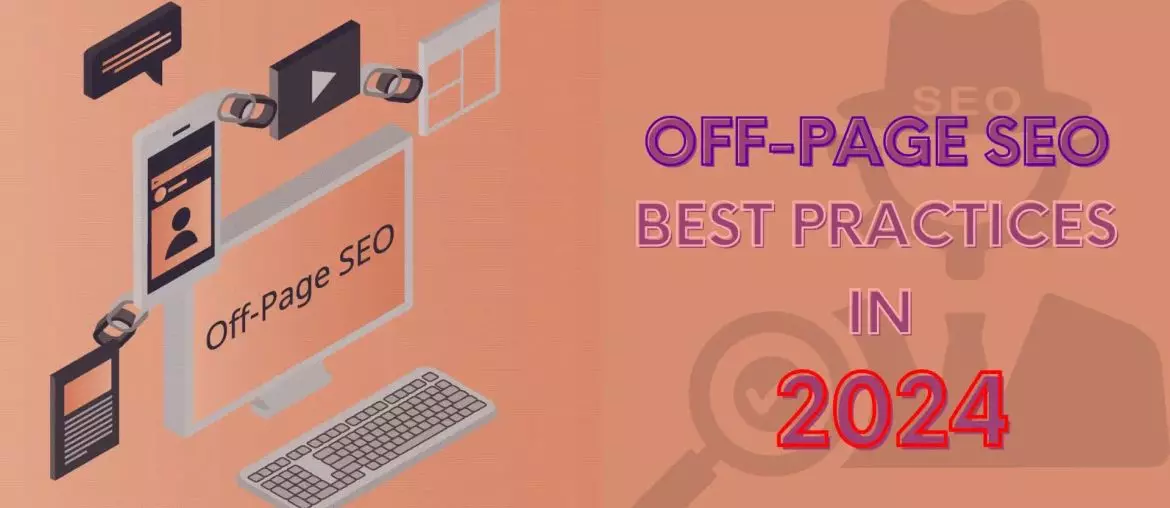

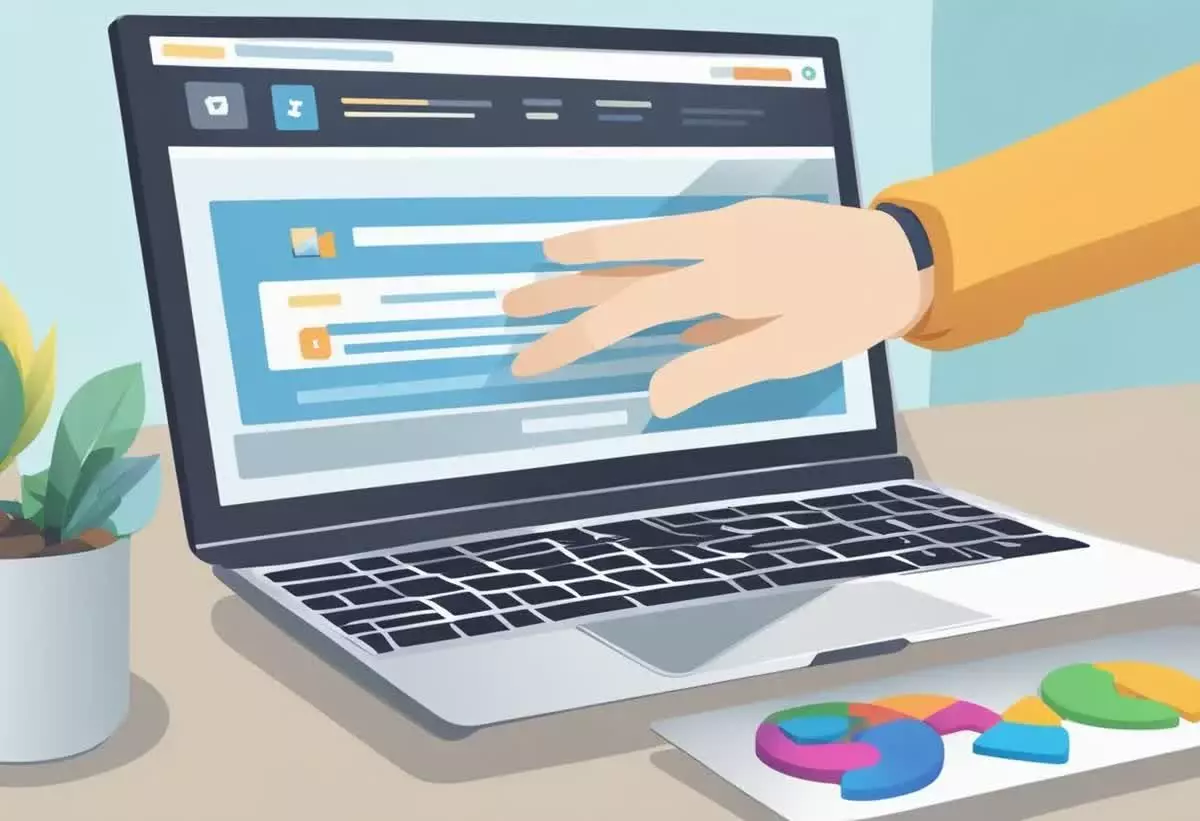



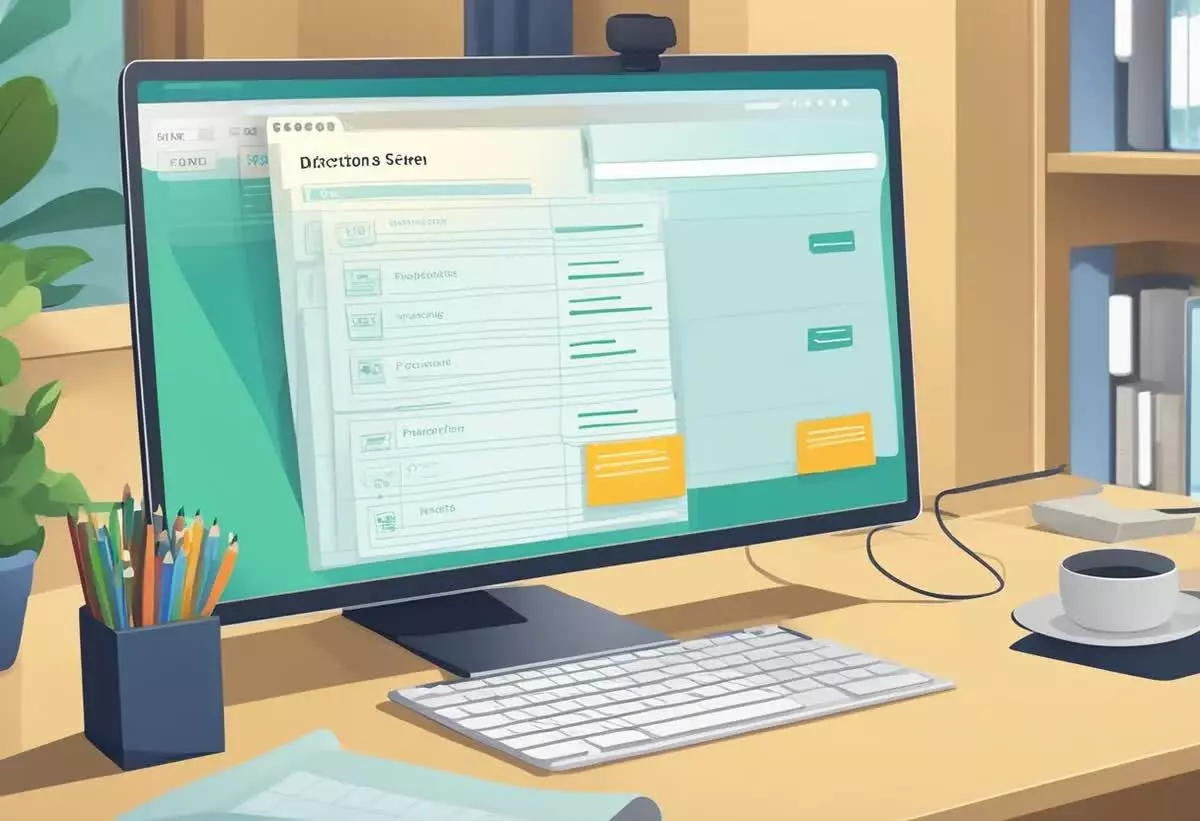



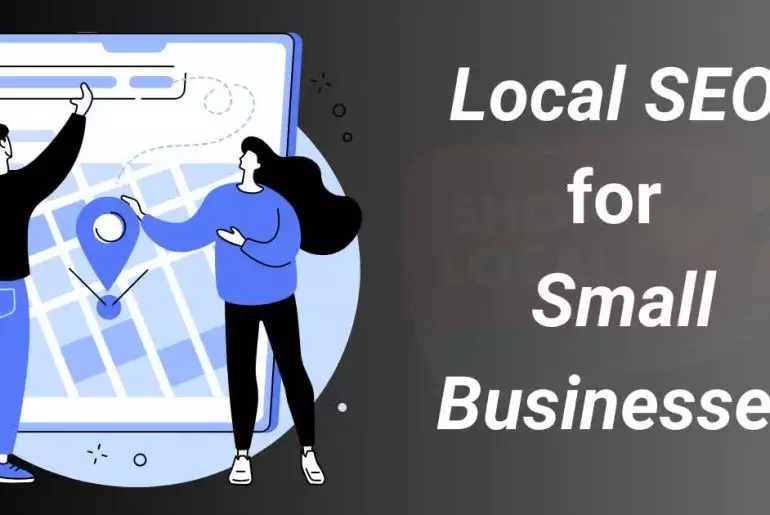
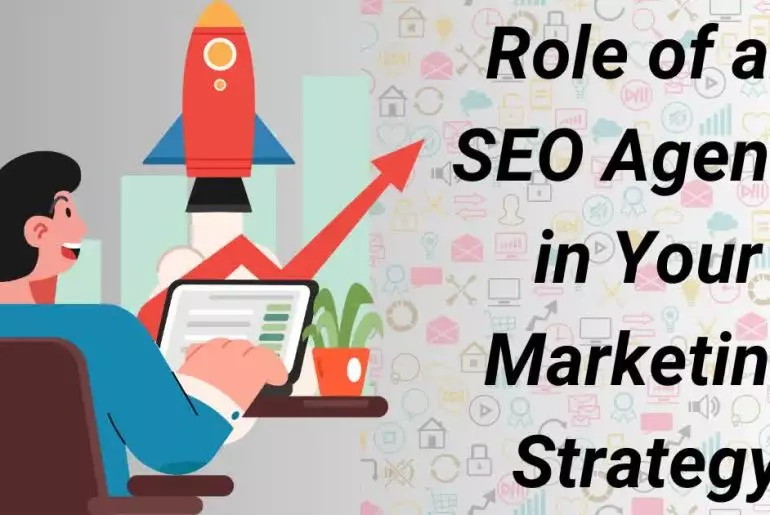
Comments are closed.